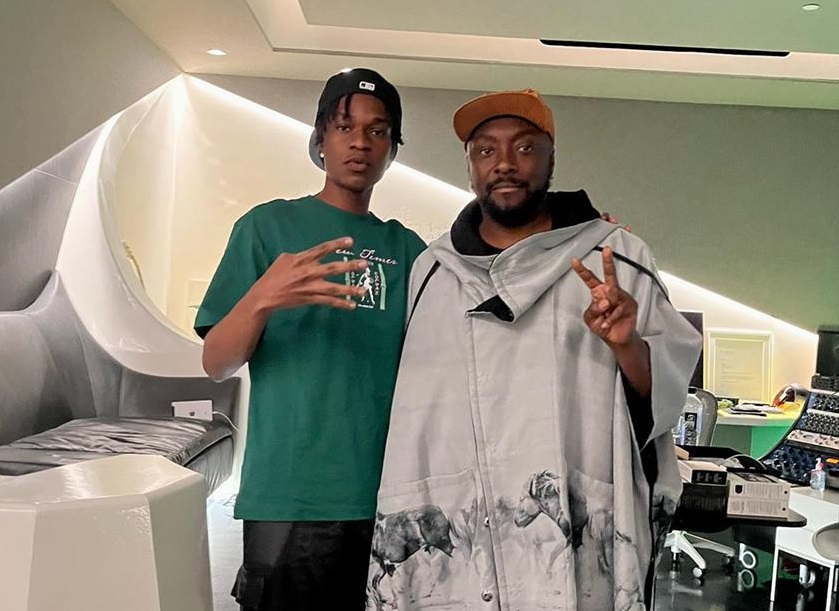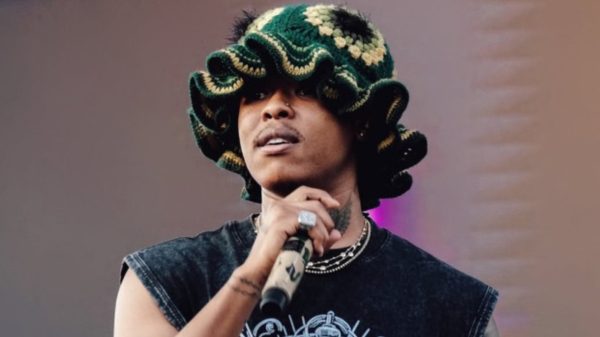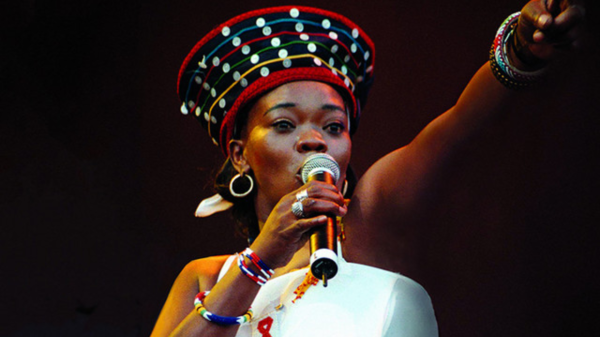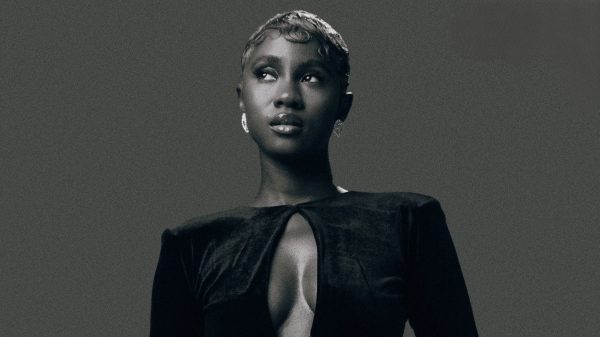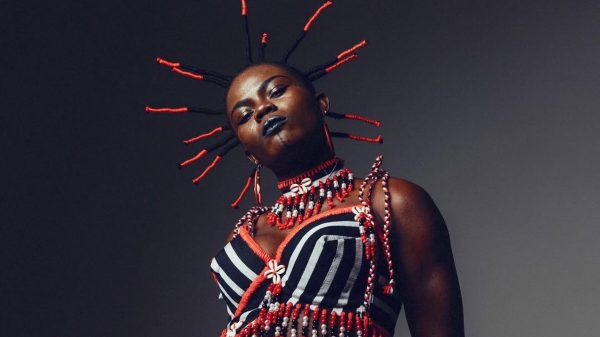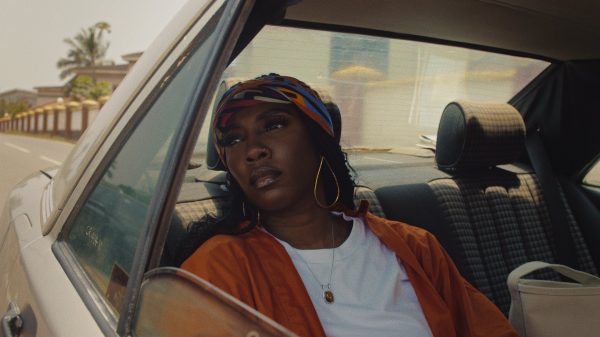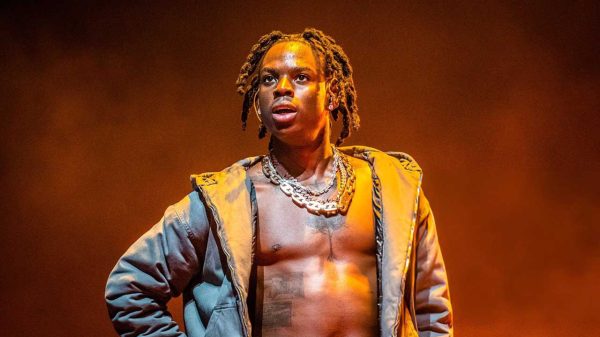In recent years, the Nigerian music industry has seen a dynamic shift, driven largely by the influence of Generation Z. This generation, known for their tech-savvy nature and global perspective, has brought fresh energy and innovation to the music scene. From the rise of social media platforms to the integration of diverse musical styles, Gen Z is reshaping how music is produced, distributed, and consumed in Nigeria. This article explores the significant impact of Gen Z on the Nigerian music industry, highlighting key trends, influential artistes, and the future of this vibrant cultural landscape.
Overview of the Nigerian Music Industry
The Nigerian music industry is a vibrant and influential field, contributing significantly to both domestic and international culture. Its diversity stems from Nigeria’s rich cultural heritage, reflected in the variety of genres that have developed over time. Nigerian musicians are renowned for blending traditional sounds with modern elements, giving rise to genres such as Afrobeat, Highlife, and in recent times Afrofusion, as well as incorporating influences from Hip-hop and R&B. These artistes continually push the boundaries of creativity, consistently producing unique and innovative works.
The global success of Nigerian artistes like Burna Boy, Wizkid, and Tiwa Savage has spotlighted the country’s music scene, establishing it as a significant player in the global music industry. Their success is not solely due to their talent but also to evolving audience tastes, particularly among younger generations. This shift in preferences has played a crucial role in propelling these artistes to international fame.
How Gen Z Changed The Way We Consume Music
Gen Z has revolutionized music consumption and production in Nigeria. The era of selling physical copies or getting radio airplay as a means for popularizing songs is long gone since it does not favor this generation which prefers consuming everything digitally through platforms such as Spotify, Apple Music, YouTube among others. The change has been so significant that artistes can now reach wider audiences without necessarily being limited by traditional distribution channels thanks to streaming services which have made music more accessible than ever before. In addition Gen Z want what they want when they want it; therefore personalized playlists based on algorithms that understand their specific tastes have become commonplace while creating something which is likely going to be liked by them becomes even easier owing to the fact they are more inclined towards using technology thus drawing insights from data analytics has become vital among producers working with artistes targeting this demographic.
In fact, several producers specialize exclusively in creating music that resonates with tech-savvy listeners, and they are widely praised for their work. Additionally, VPN servers have enabled Nigerian youth to bypass geographic restrictions, granting them access to a broader range of music and significantly influencing their tastes. A great example is VeePN, known for its fast speeds and good unblocking capabilities, making it a popular choice among Nigerian Gen Zs. For instance, artistes can now draw inspiration from global trends while maintaining their distinct Nigerian flavor.
Case Studies of Gen Z-Driven Music Movements
One notable case study is the rise of the Alté movement, which has redefined what it means to be an artiste in Nigeria. This movement is characterized by its eclectic sound and avant-garde fashion, challenging traditional norms and pushing the boundaries of creativity. The Alté movement has not only garnered a massive following among Gen Z but has also influenced mainstream artistes to experiment with their sounds and styles.
Another instance is the End SARS protests, in which music was important for rallying support and creating awareness. Songs such as “Fem” by Davido became anthems for the movement, showing how powerful a tool music can be in bringing about social change. During this time, there was a lot of politically conscious music that echoed the worries and dreams of the Nigerian youth.
Discussion about Technology’s Role
Technology has been crucial in connecting artistes with their fans. Platforms like Instagram, Twitter, and TikTok provide musicians with direct access to their audience, enabling instant interaction and feedback. Artistes can easily respond to fans’ comments or messages, fostering a sense of community and loyalty among their followers.
Artistes have also embraced live streaming to reach their audiences. In light of COVID-19, many musicians turned to virtual concerts and Instagram Live sessions to stay connected with their fans. This shift demonstrates the adaptability and resilience of the industry in challenging times.
Additionally, the use of data analytics and machine learning has allowed musicians to personalize content based on audience preferences. Through analyzing streaming data, and social media engagement metrics among others; insights can be obtained on what works best for different followers thus enabling more focused marketing efforts.
Future Predictions for the Nigerian Music Industry
As Gen Z continues to influence the Nigerian music industry, several trends are likely to shape its future. First, we can expect to see an even greater emphasis on digital platforms and streaming services as the primary means of music consumption. This will likely lead to more personalized and data-driven music production and marketing approaches.
Last but not least, the role of technology in music creation and distribution will only grow. Advances in artificial intelligence and machine learning will enable more sophisticated music production techniques, while blockchain technology could revolutionize how artistes monetize their work and protect their intellectual property.
Gen Z is undeniably reshaping the Nigerian music industry in profound and exciting ways. Their unique blend of technological fluency and cultural consciousness has ushered in a new era of music consumption and production, characterized by diversity, innovation, and a deep connection between artistes and fans. As the industry continues to evolve, the influence of Gen Z will remain a driving force, ensuring that Nigerian music remains vibrant, relevant, and globally impactful.






















